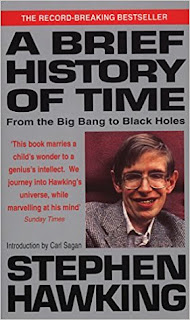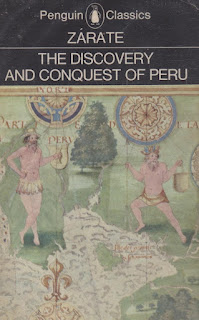 The Woman Who Would Be King: Hatshepsut's Rise to Power in Ancient Egypt by Kara Cooney
The Woman Who Would Be King: Hatshepsut's Rise to Power in Ancient Egypt by Kara CooneyThe history of ancient Egypt has few parallels in the history in terms of the wealth of articles and monuments left behind by its monarchs. And it is actually a lot of detective work to find the succession or why certain things happened or did not happen.
What makes this book different is that this is not clean history in its purest sense. The author makes it very clear at the start that she try to get into the minds of these Ancients and so there are a lot of conjectures and opinions and personal thoughts accompanying the historical evidence.
Hatshepsut is one of the few women rulers from the ancient world (or including the current world) and a successful one too. She leads her country through some of the prosperous years as Egyptian pharaoh along with a young Thutmose iii and leaves the stage securing the country in the hands of him peacefully.
The author goes through a lot of evidence from the huge number of monuments built by her in Karnak and other places and try to put together the story bit by bit. And offers a way to peek into the Kings mind - Hatshepsut was called a King- through her opinions.
However the book offers a number of vignettes of Ancient royal life and to some extent of the life of the courtiers as well. The festival of Sed descriptions from the walls of her temple were constructed beautifully as well as the rituals of her day. The author being an Egyptologist and a historian excels here.
Hatshepsut actually accomplishes a lot for her successor- not easy to hold together a country the size of Egypt and keep it prospering. Why she did what she did remains a mystery - she may have been ambitious or she believed it was the Gods will truly - we may never know. But the fact that she did that and because of that it took another 1500 Year’s for another women ruler to appear in Egypt tells simultaneously her success and the fear of her successors for women rule.
And it will make for some racy fiction - it has lots of intrigues, sex (Senennmut?) , violence - to be a blockbuster.
If you like history, a very good book to read.





























